The IFA is rolling through 31 country towns on Friday to highlight the importance of farming to the economy of rural towns and rural Ireland.
Some might question the wisdom of a sector that has largely maintained normality through the pandemic parading itself at a time when most shops, restaurants, hotels and pubs are slowly re-emerging from over a year of being shut down. There is the possibility that it could backfire. But this is not about what has just passed, it’s all about what may be coming, and soon.
It might seem over-dramatic to say that CAP and the climate action bill could combine to lock down thousands of farms, but that is the fear the IFA is expressing, and it is not alone.
The CAP deal will impose deep cuts in payments to tens of thousands of farmers. That is not an endorsement or rejection of the likely CAP deal, it is just a statement of fact.
It is true that thousands of other farmers will benefit from the likely CAP deal, most of whom have low incomes and who would feel they have drawn the short straw in previous iterations of CAP.
The contention the IFA is making is that the changes will render thousands of farms that were viable and functional unviable and incapable of functioning, while the farms that gain will not gain enough to become viable. The overall outcome will be fewer viable farms, not more.
CAP on its own would be a massive challenge, but when the climate action bill is added to the mix, an uphill battle is now faced with an avalanche coming towards it.
And for those businesses who say we all have challenges, there is one thing they need to consider. When the price of steel went up, businesses that sell steel passed on the increase. The same has happened with machinery, parts, diesel and medicines – all the inputs farmers buy. People protect their margin to stay viable.
Farmers can’t do that. They buy retail and sell wholesale, as JFK famously said. They are price-takers. There are those who maintain the answer is a return to local markets and niche production. But niche is by definition for the few, not the many.
Food production is demanding in itself, asking farmers to market their produce would be like asking the merchant to make their own fertiliser and pesticides, the machinery dealer to make their own tractors, the shopkeeper to produce their own food or clothing.
Farmers have no control over their margins, and are in danger of being forced to the margins of society. On Friday, they will drive down main streets to remind people they are at the heart of smalltown Ireland.
The IFA is rolling through 31 country towns on Friday to highlight the importance of farming to the economy of rural towns and rural Ireland.
Some might question the wisdom of a sector that has largely maintained normality through the pandemic parading itself at a time when most shops, restaurants, hotels and pubs are slowly re-emerging from over a year of being shut down. There is the possibility that it could backfire. But this is not about what has just passed, it’s all about what may be coming, and soon.
It might seem over-dramatic to say that CAP and the climate action bill could combine to lock down thousands of farms, but that is the fear the IFA is expressing, and it is not alone.
The CAP deal will impose deep cuts in payments to tens of thousands of farmers. That is not an endorsement or rejection of the likely CAP deal, it is just a statement of fact.
It is true that thousands of other farmers will benefit from the likely CAP deal, most of whom have low incomes and who would feel they have drawn the short straw in previous iterations of CAP.
The contention the IFA is making is that the changes will render thousands of farms that were viable and functional unviable and incapable of functioning, while the farms that gain will not gain enough to become viable. The overall outcome will be fewer viable farms, not more.
CAP on its own would be a massive challenge, but when the climate action bill is added to the mix, an uphill battle is now faced with an avalanche coming towards it.
And for those businesses who say we all have challenges, there is one thing they need to consider. When the price of steel went up, businesses that sell steel passed on the increase. The same has happened with machinery, parts, diesel and medicines – all the inputs farmers buy. People protect their margin to stay viable.
Farmers can’t do that. They buy retail and sell wholesale, as JFK famously said. They are price-takers. There are those who maintain the answer is a return to local markets and niche production. But niche is by definition for the few, not the many.
Food production is demanding in itself, asking farmers to market their produce would be like asking the merchant to make their own fertiliser and pesticides, the machinery dealer to make their own tractors, the shopkeeper to produce their own food or clothing.
Farmers have no control over their margins, and are in danger of being forced to the margins of society. On Friday, they will drive down main streets to remind people they are at the heart of smalltown Ireland.



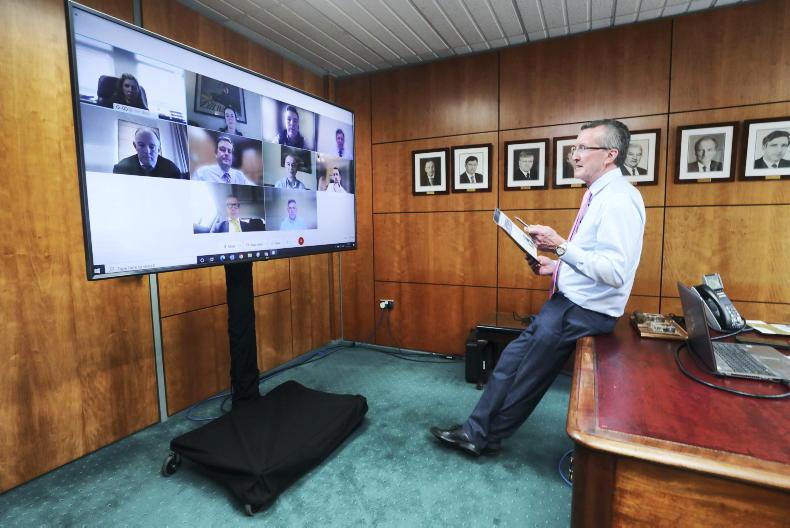

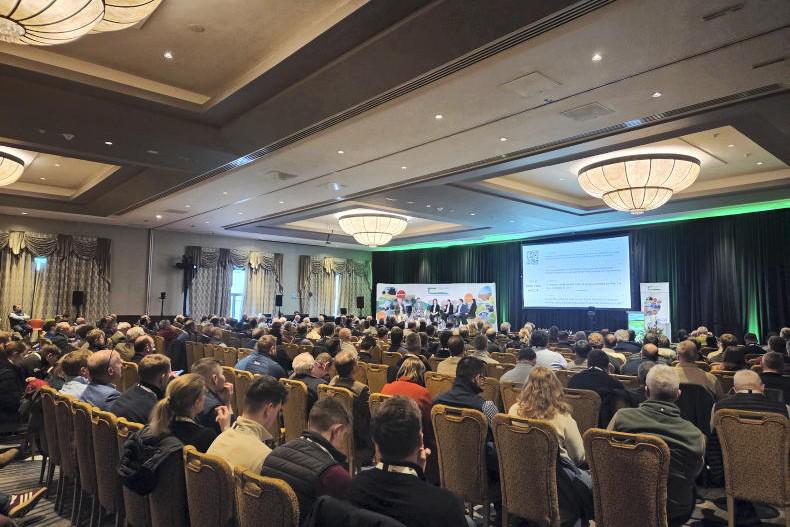

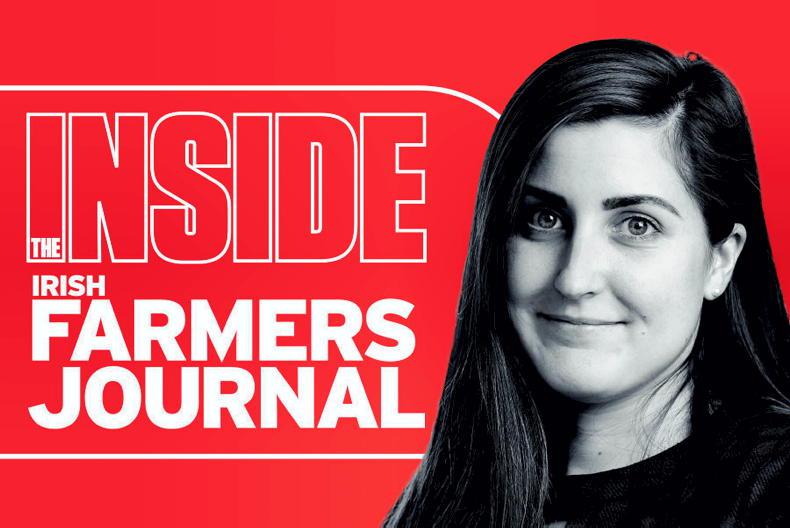
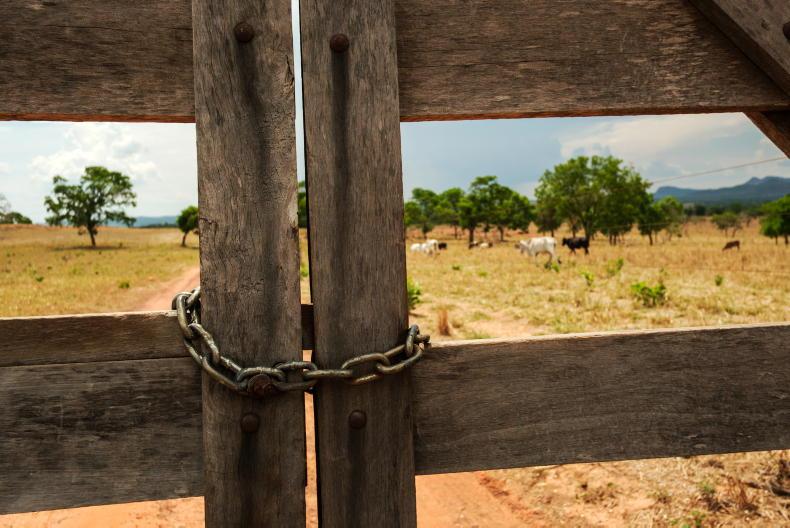
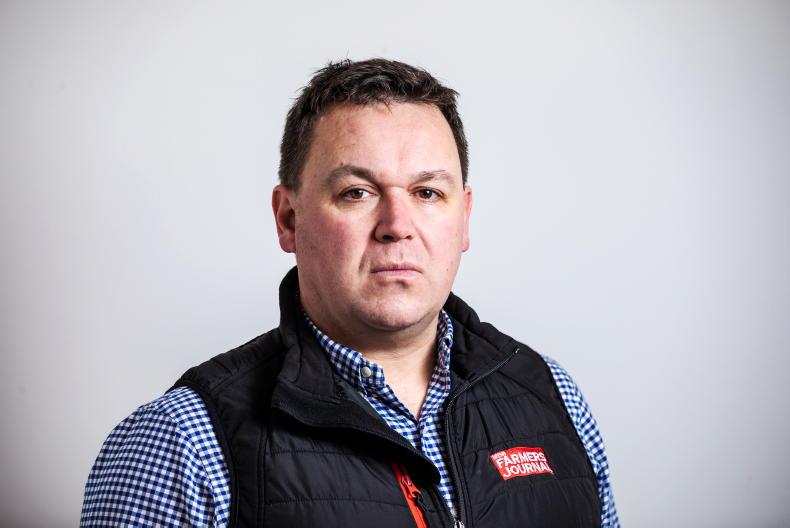
SHARING OPTIONS